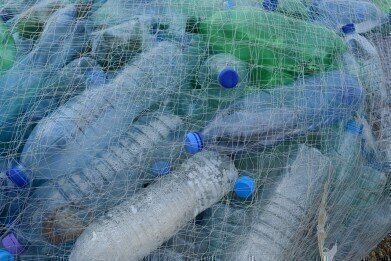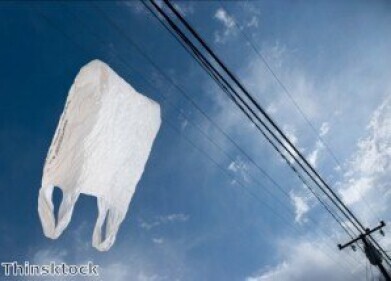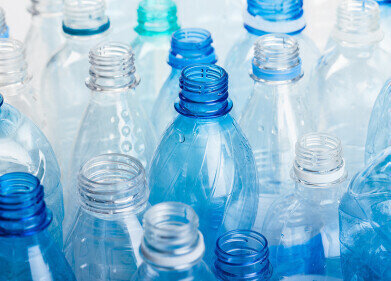Waste Management
How Will the UK's Bottle Deposit Scheme Work?
Apr 08 2018
England is the latest British nation to announce it will implement a deposit scheme on bottles and cans containing water, soft juice or fizzy drinks. The move was unveiled by the Environment Secretary Michael Gove, who claims it will reduce needless waste by improving national recycling habits.
The announcement comes after a similar proposal by the Scottish government in September 2017, while Wales has indicated it is also considering bringing in the scheme to make it Britain-wide. Northern Ireland has flagged the topic for discussion among a number of others in an environmental policy review due to take place later this year.
Plastic pollution by the numbers
Along with much of the world, Britain’s concerning plastic pollution problem degrades our soil, emits carbon into our air, exacerbates the challenges of flood control and ultimately results in significant amounts of plastic in our rivers and oceans. In fact:
- 13 billion plastic bottles are consumed by Britons every year
- A mere 58% (7.5 billion) are recycled
- 15 million are discarded as rubbish, incinerated or sent to landfill
- 233,000 tonnes of carbon dioxide are produced from improper disposal
- £778 million is spent by the British government on cleaning up plastic trash
- Globally, 6.3 billion tonnes of plastic waste were created by 2015
- A staggering 79% of that ended up in landfill or nature
- 12% is incinerated
- Only 9% is actually recycled
With the rising amounts of plastic in our oceans having a disastrous effect on the flora and fauna which calls the habitat its home – including killing marine turtles through entanglement – it is clearly time for change. Michael Gove believes a deposit scheme could be the way to achieve that change.
Reward and return
Although the details have yet to be finalised, the scheme will most likely function via a deposit added to the price of each purchase, which will initially drive up the price of bottled water and soft drinks. However, upon returning the item to the store from which it was purchased or a recycling collection point, the consumer can get their money back.
The scheme has already enjoyed success in roughly 40 countries across the globe, including Norway, where it has boosted plastic recycling levels to 94%. 21 of the 50 US states also employ a similar technique to curb pollution. It is unclear as yet how much the deposit will comprise and where consumers will be able to return the bottles and cans to obtain their money, but the government is expected to release more details later in the year.
“We have already banned harmful microbeads and cut plastic bag use, and now we want to take action on plastic bottles to help clean up our oceans,” explained Gove. “We need to see a change in attitudes and behaviour. And the evidence shows that reward and return schemes are a powerful agent of change.” The scheme is expected to cost £1 billion to set up and a further £1 billion every year to maintain, but the cost can be offset either by investment from retailers or from unclaimed deposits.
Events
May 05 2024 Seville, Spain
May 13 2024 Munich, Germany
May 23 2024 Beijing, China
May 23 2024 Beijing, China
Jun 10 2024 Algiers, Algeria













